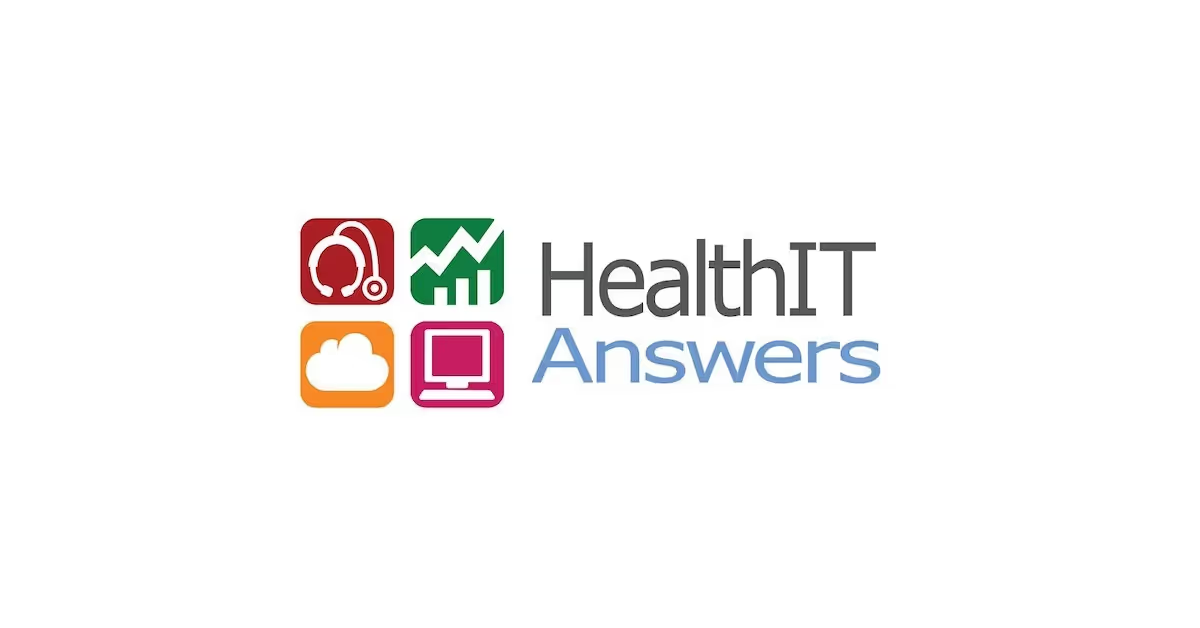AI-driven prior authorizations: an opportunity for advancing health equity
Published:
May 8, 2024

Technology can help overcome care disparities made worse by prior authorizations
Attaining health equity remains a paramount objective for health care professionals aiming to transcend the impact of socioeconomic factors on individuals' health outcomes. The Centers for Medicare & Medicaid Services (CMS) has emphasized advancing health equity to address care disparities. Despite this effort, many communities grapple with health care access and outcomes disparities, often exacerbated by administrative hurdles like prior authorization processes.
Prior authorization can intensify the issue of health inequity further as it's a significant factor in using social determinants of health (SDOH) to make vital care decisions. Studies have shown that prior authorization disproportionately affects low-income patients, people of color, and those living in underserved areas. These populations often face barriers–such as limited access to technology and transportation, language barriers, and lack of health literacy–that worsen the challenges posed by traditional prior authorization. Consequently, delayed or denied authorizations can lead to adverse health outcomes and further perpetuate disparities in health care utilization. These biases stem from a lack of insight into SDOH data.
Social determinants of health: The missing piece
Health equity hinges on understanding SDOH data. This data, encompassing factors like access to transportation, safe housing, and healthy food, sheds light on an individual's overall well-being. However, inadequate data collection and documentation hinder its practical use. These data gaps make it difficult to identify and address the specific needs of vulnerable populations.
SDOH profoundly influences individual care journeys, impacting decisions such as inpatient admissions and discharge planning. Addressing these social factors is crucial for comprehensive health care delivery. While challenges persist, integrating SDOH data into health care processes holds promise for fostering more equitable care. With AI, health plans have a transformative opportunity to promote health equity through intelligent prior authorizations.
Written by

Brian
Covino, M.D., FAAOS
Dr. Brian Covino oversees more than 50 physicians as Cohere Health’s Chief Medical Officer. After practicing orthopedic surgery for more than 25 years, Dr. Covino joined Cohere in 2020 after having served as a consultant since 2018. During his years as a practicing surgeon, Dr. Covino was a partner at Knoxville Orthopaedic Clinic/OrthoTennessee specializing in joint replacement surgery. He holds a bachelor’s from Harvard University as well as an M.D. from Georgetown University School of Medicine. Dr. Covino received his surgical training at the University of Virginia Graduate School of Medical Education and completed a fellowship at The Cleveland Clinic Foundation.
Stay ahead with expert insights on transforming utilization management and payment integrity—delivered straight to your inbox.



